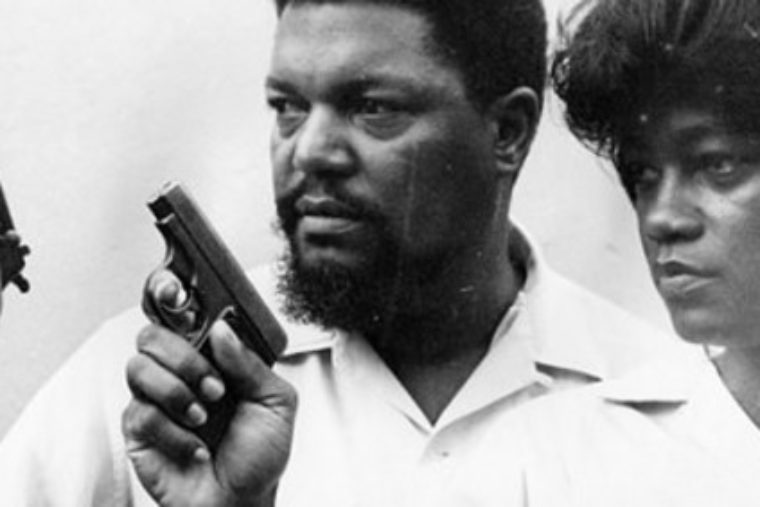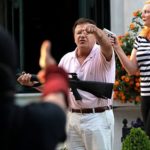Gun control has always been racist, down to its roots in colonial times. You can see it in the early legislation. The point was by disarming the minority, you can subjugate them.
This is the polar opposite. It shows armed minorities can and will defend themselves and their liberties. – Matt Bob
I have a dream that one day children in seventh grade will have an American history textbook that is not like my son’s. Its heroes will not just be people from the past who upheld the middle-class values of modesty, chastity, sobriety, thrift, and industry. The rebels it celebrates will include not only abolitionists, suffragists, labor unionists, and civil rights leaders who confined their protests to peaceful and respectable writing, speaking, striking, and marching. In my dream, schoolchildren will read about people like C.O. Chinn.
Chinn was a black man in Canton, Mississippi, who in the 1960s owned a farm, a rhythm and blues nightclub, a bootlegging operation, and a large collection of pistols, rifles, and shotguns with which he threatened local Klansmen and police when they attempted to encroach on his businesses or intimidate civil rights activists working to desegregate Canton and register black residents to vote. After one confrontation, in which a pistol-packing Chinn forced the notoriously racist and brutal local sheriff to stand down inside the county courthouse during a hearing for a civil rights worker, the lawman admitted, “There are only two bad sons of bitches in this county: me and that nigger C.O. Chinn.”
Although the Congress of Racial Equality (CORE) and the Student Nonviolent Coordinating Committee (SNCC) were formally committed to nonviolence, when their volunteers showed up in Canton they happily received protection from Chinn and the militia of armed black men he managed. “Every white man in that town knew you didn’t fuck with C.O. Chinn,” remembered a CORE activist. “He’d kick your natural ass.” Consequently, Chinn’s Club Desire offered a safe haven for black performers such as B.B. King, James Brown, Hank Ballard and the Midnighters, and the Platters; illegal liquor flowed freely in the county; and, unlike their comrades in much of Mississippi, CORE and SNCC activists in Canton were able to register thousands of black voters with virtual impunity from segregationist violence.
|



